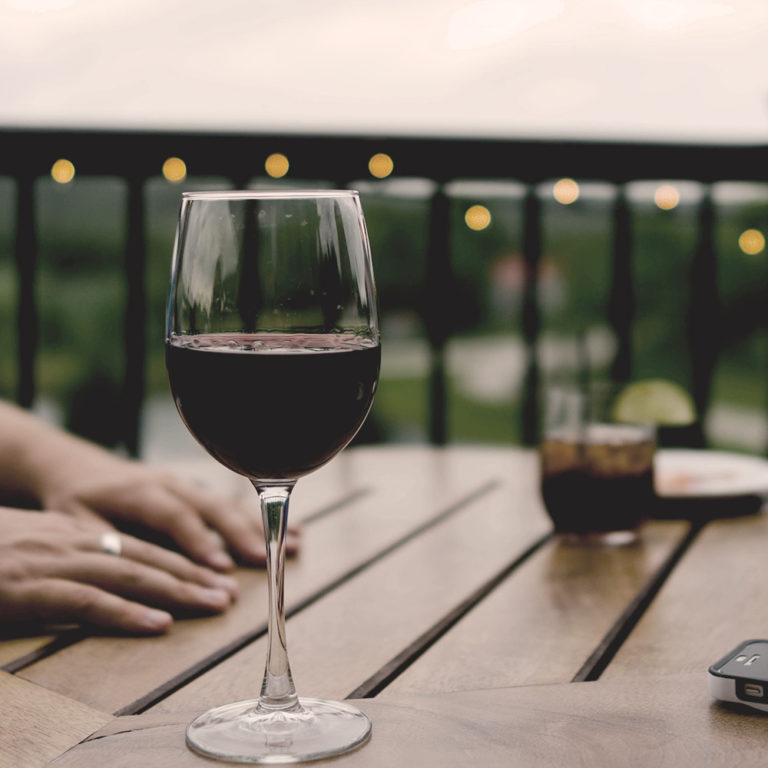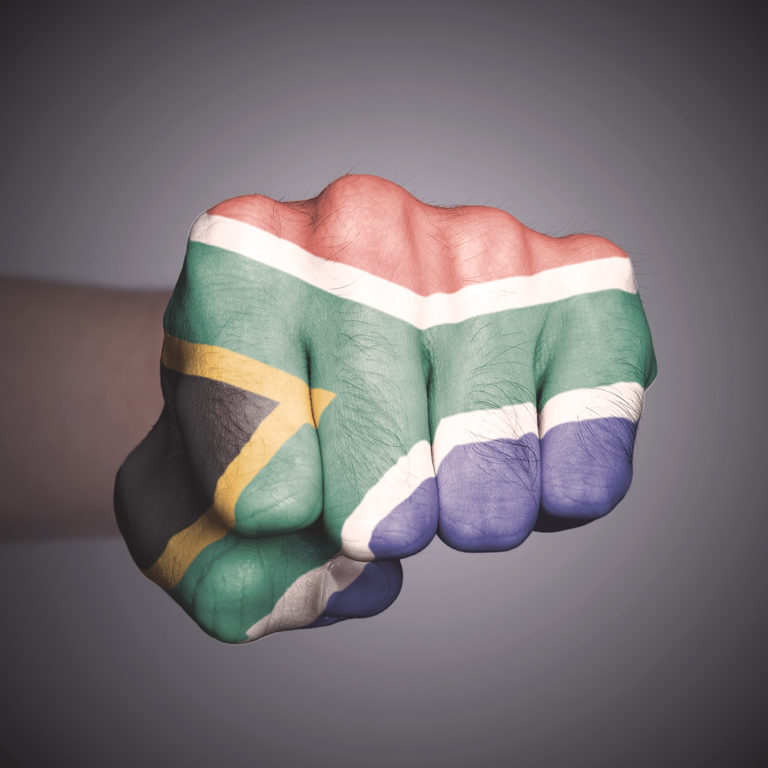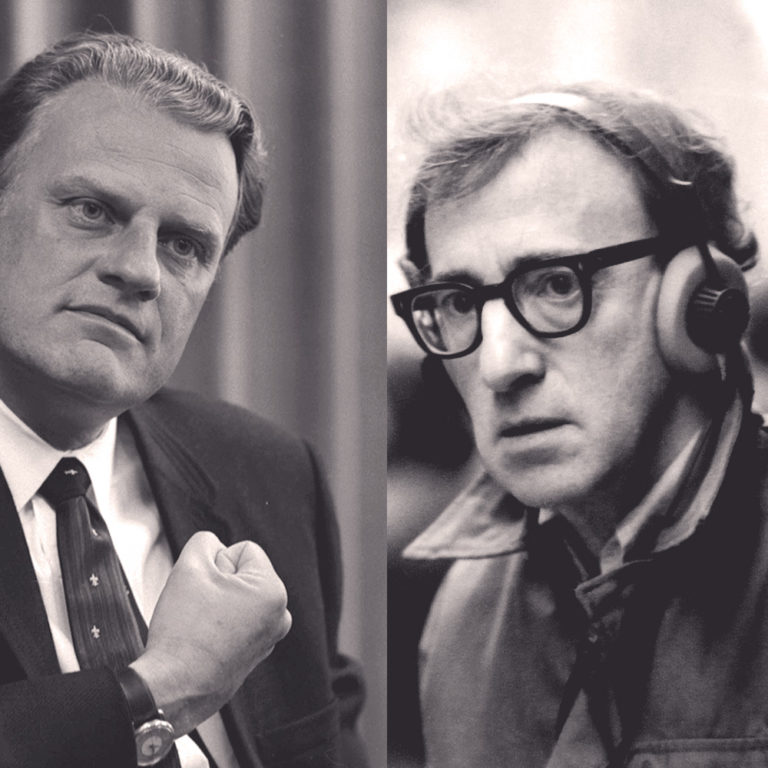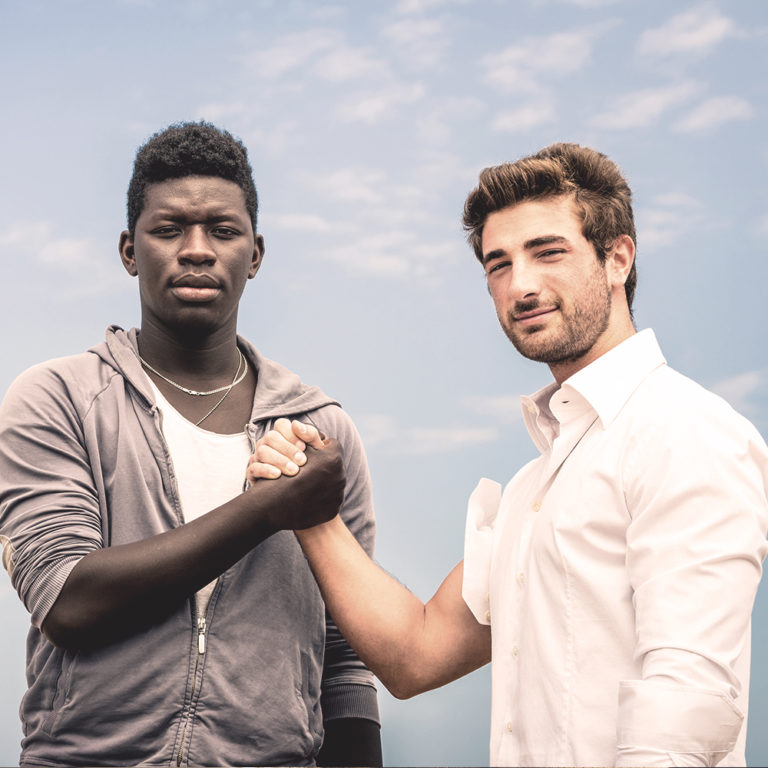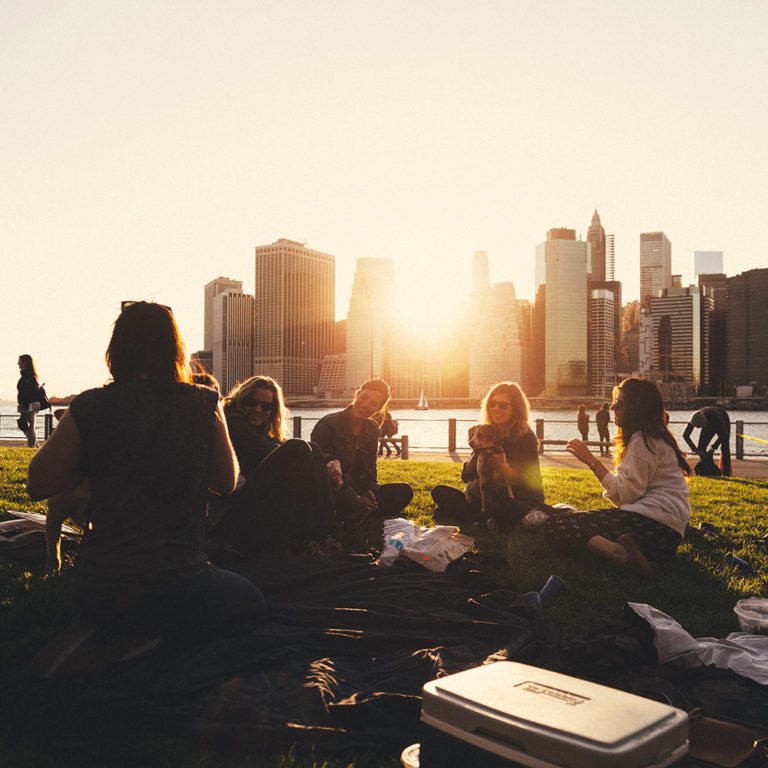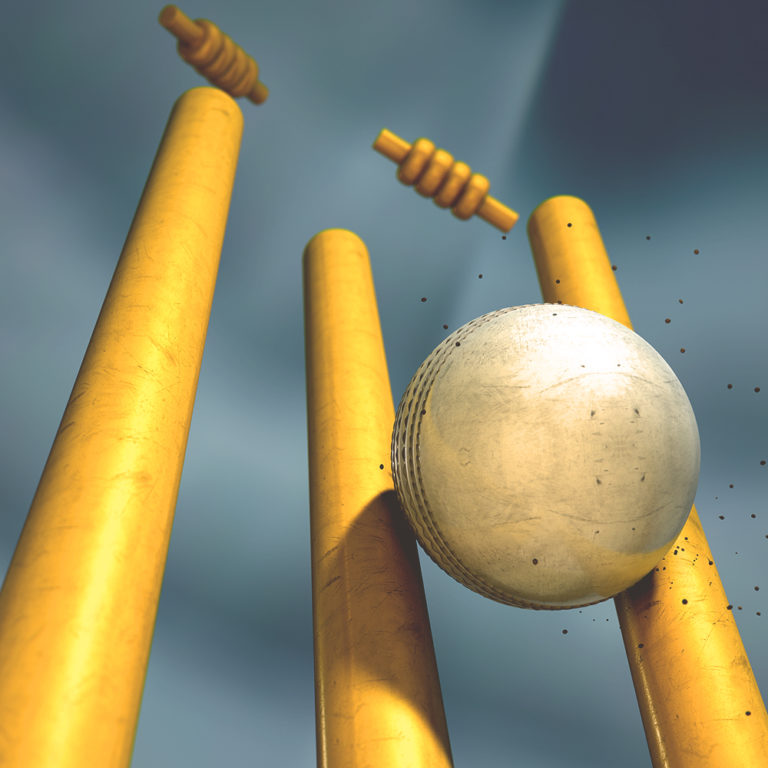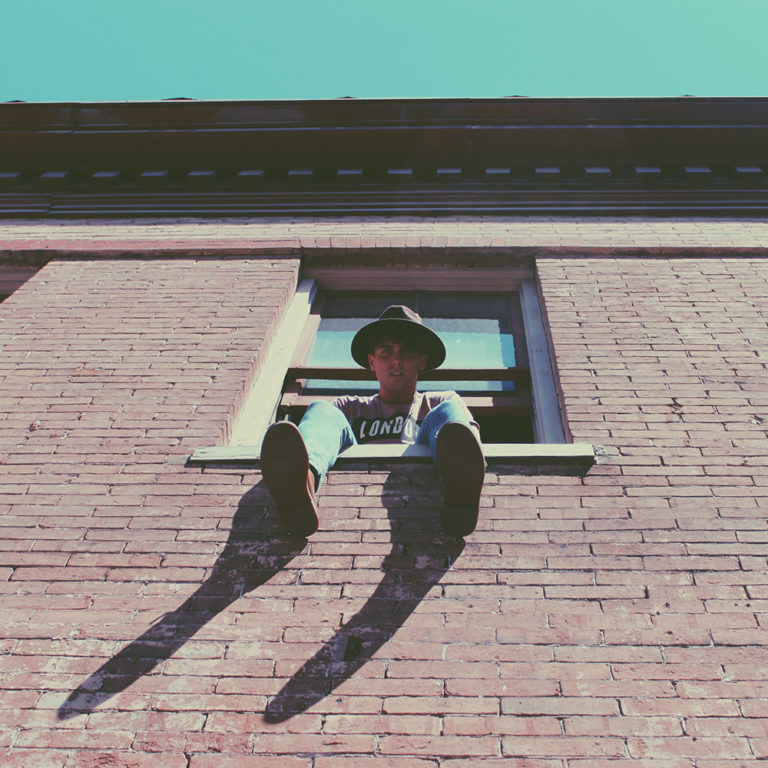South Africans are pretty good at winning at sport. We are also pretty bad at losing at sport.
Without fail, after a Springbok rugby loss, Monday morning water cooler conversations (do we even have those in this country?) will largely be taken up by how bad the ref was.
Have you ever watched South Africa lose any international sport and then heard the general man crowd follow it up with a, “but the ref was really great”? I didn’t think so.
MY GAMING ACHILLES’ HEEL
For me it was always board games. I am a huge fan of new classics like Settlers of Catan, Dominion, Carcassonne, and then some other more adventurous games that many of you may not have heard of such as Tzolkin, Terra Mystica, and Alchemists. I tend to be really good at most of them.
But I also am not great at losing, although I am a lot better than I used to be.
I used to be so bad. The moment the game was over I would be in a bad mood (which I would try keep internalised, but I was not that great an actor). I would launch into an explanation of why I lost: the dice had not been friendly to me, everyone had ganged up on me, the moons of Venus weren’t properly aligned, or some nonsense like that.
Which helped me feel a bit better. If there was some other reason besides me that was why I lost then I didn’t have to take it as a personal attack on my identity. Only problem though – or the main one – was that it made being the winner in a game against me a really horrible thing.
LET THE WINNER WIN
I realised fairly early on in marriage (’cause my wife is a hardcore board game player as well and we are fairly matched for skills) that my explanations of why I had lost were in effect saying: You were not skilled in beating me – it was some other magical, mystical, external factor that must have caused it since there’s no way could I lose because you’re better than me. And it sucked for tbV (the beautiful Val) and for anyone else I played against.
Once I realised that, I started working on it and getting better. I still have a bit of a ways to go though.
But coming back to us: I don’t think it’s just us as a nation, but some countries seem to handle it better than others. Why is it that we can’t take losing well?
I think it may be what I alluded to a little earlier – for many of us there seems to be some weird sense of identity locked up in our sport.
GOOD SPORTS
You can see this particularly in football fans. If you say something negative about Chelsea (easier year to do so, this one) then it is as if you have said something about a Chelsea supporter’s mother and you… must… be… killed.
Okay, maybe not quite so dramatic, but it can feel close sometimes.
Both sport and board games are great ways of bringing people together for some entertainment and some friendly rivalry and competition, but we need to be careful that we are not giving those things too much weight in our lives. And I think a good way to begin to be able to do that is to change our attitude when it comes to losing.
It is not, as R.E.M. may have predicted, the end of the world as we know it. It is a game and there will be another one next week, and another one next year. The cycle will continue and we risk losing integrity and friendships if we let it be anything more than what it is.
I know that I still need to work on my losing and a big way for me to do that is to make sure I give sincere congratulations to the winner and try to keep my post-game autopsy to a minimum.
How do you do? Share some thoughts with us in the comments.


